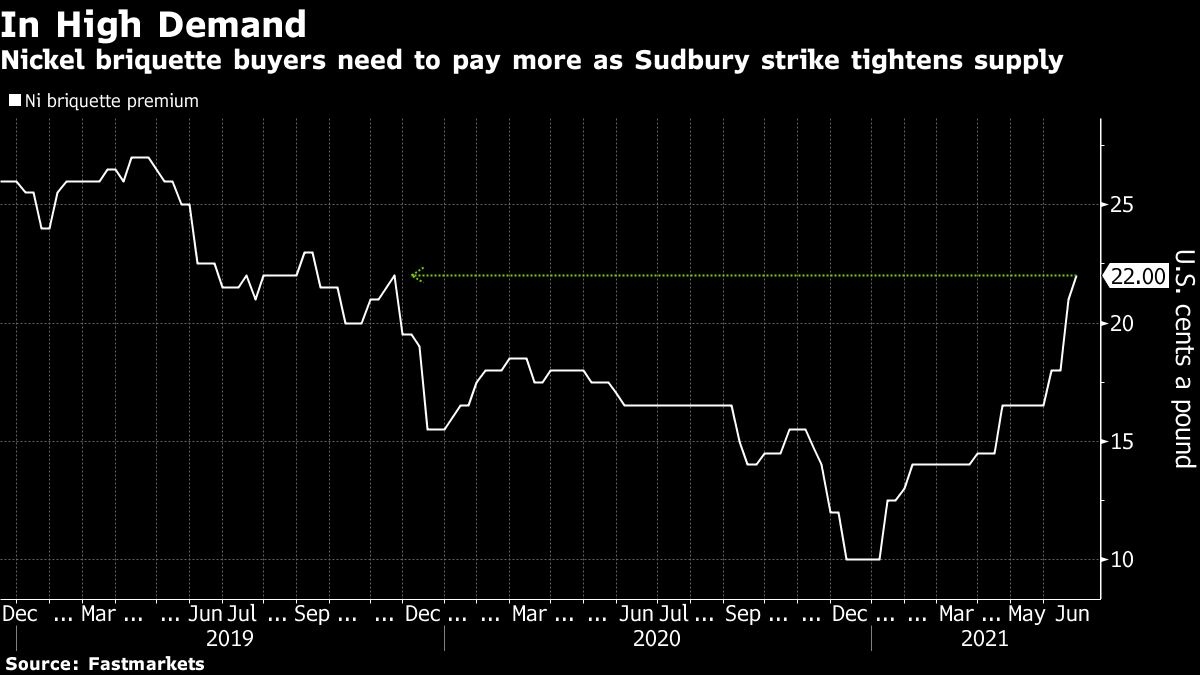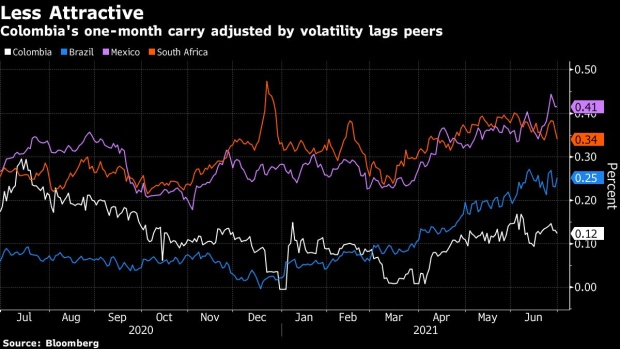Submitted by AWL on 29 June, 2021 - 4:59 Author: Bruce Robinson

Aaron Benanav’s book Automation and the Future of Work is aimed against what he calls the automation discourse. He defines this as a belief that high levels of technological unemployment will result from the introduction of new technology and that we will soon be faced with a largely automated economy. Such ideas can be found both on the left and right. Benanav rejects both their economic analysis and the political solutions such as Universal Basic Income (UBI) most commonly proposed to deal with the fallout from automation.
I welcome Benanav’s riposte to the recent flurry of predictions of a work-free utopia, but I am not convinced by the central argument he puts forward to support it.
The book is divided into two parts: firstly, Benanav presents an alternative explanation for what he, in common with the automation theorists, asserts is a large-scale lack of demand for labour; secondly, he looks at some of their proposed solutions and critiques both the utopian and reformist aspects of their theories, including the assumption that a socialist society would be without work.
Heavy on economics
Benanav’s own theory is entirely grounded in economics and has virtually nothing to say about the nature or implications of recent developments in technology, particularly in automation and artificial intelligence. This has the advantage that he is not seduced by the exaggerated claims made for new technologies or speculation about their future potential, often accompanied on the left with the view that they will somehow emerge from capitalism only to transcend it. However it also has disadvantages. For example, there is no discussion of the impact of their adoption on skills and thus the demand for labour. Similarly, there is nothing about how struggles in the workplace might affect employers’ readiness to adopt labour saving technologies.
Oddly, given his starting point, Benanav accepts many of the basic economic assertions of the automation theorists. He writes: “the question… is not whether new automation technologies will destroy additional jobs in the future (the answer is certainly yes).” And elsewhere: “technical change… does periodically result in sweeping job destruction in certain industries.” Benanav simply asserts that he has a better explanation for the same phenomena. “What automation theorists describe as the result of rising technological dynamism is actually the consequence of worsening economic stagnation, following on decades of manufacturing overcapacity and underinvestment.”
His own explanation is based on Robert Brenner’s 1998 analysis of post-war capitalism in The Economics of Global Turbulence which Benanav carries forward into the indefinite future. It is premised on the existence of overcapacity for manufactured goods in the post-war period which has persisted and led to low levels of growth in output and productivity. (Some of us have criticised Brenner’s scheme). Employment levels are then taken to be given by the difference in their relative rates of change. However one cannot read off the likely spread of technological innovations and their impact on employment simply by looking at historical trends of global economic variables.
There is also an overemphasis on manufacturing as against services, which is questionable as an explanation for labour demand given that the big majority of workers in advanced economies, and over 45% worldwide, are in “services”. Benanav admits that services can be susceptible to high productivity growth but sees that happening when they cease to be services and become provided through industrial goods such as washing machines. It is not always the case, however, that services are replaced by self-service. Human labour is filling in the gaps in the service sector where automation does not provide a total solution.
The question marks over Benanav’s argument does not mean one has to accept as an alternative the automation theorists’ view. The choice is not between everlasting stagnation and total transformation. More likely is that the new technologies will be adopted unevenly across different sectors and lead to both job losses and new jobs, though not necessarily at the same pace.
A call for Keynesianism
Following on from his economic analysis, Benanav takes up the most common reforms proposed to deal with the low demand for labour: a renewed Keynesian public investment program and Universal Basic Income. Advocates on right and left see UBI as a necessary response to large-scale long-term unemployment which breaks the link between work and income. For left advocates of the automation discourse it then provides the means to ensure that a post-scarcity society follows necessarily from automation.
For Benanav renewed Keynesianism and UBI right share the same basic flaw: that they leave investment decisions in the hands of capital so that these projects are liable to a capital strike. He counterposes to this a mass anti-capitalist movement, but does not suggest any transitional measures such as nationalisation of the banks which would enable encroachments on the prerogatives of capital.
The book ends with two positive statements. Firstly, in the impressive chapter “Necessity and Freedom” Benanav sketches a vision of a post-scarcity society, starting from premises opposed to those of the automation theorists: “Instead of presupposing a fully automated economy and imagining the possibilities for a better and freer world created out of it, we could begin from a world of generalised human dignity, and then consider the technical changes needed to realise that world.” This has the virtue of making technology the object of democratic development rather than something we just inherit from capitalism’s inevitable technological progress.
Benanav bases his sketch of this society on the distinction between necessity and freedom — what is required to satisfy fundamental human needs and the realm which is subject to individual or collective choice. He traces this distinction through a historical line including Thomas More, Etienne Cabet, and Marx. This acknowledges that drudgery will always to some extent be with us, and that the extent and contents of labour necessary for our collective reproduction — and how that labour will be shared — needs to be determined collectively and democratically. He emphasises strongly that social relationships and needs must influence not just such decisions, but also individual decisions about how to spend the remaining free time. This contrasts with the individualism of some left automation theorists such as Aaron Bastani, with Benanav pointing out that full automation “can appear as both a dream and a nightmare… because it has no innate association with human dignity.”
A brief epilogue discusses who are the agents of change in the economic and political environment he describes. While acknowledging the value and scope of the broad social movements that have arisen in the last 20 years, Benanav concludes that “unless social struggles organise themselves around… the conquest of production, they will not break through to a new synthesis of what it means to be a human being… Without a massive social struggle, late capitalist visionaries will remain mere techno-utopian mystics.” He does not however pose any form of political organisation beyond that of the social movements.
The sections of the book which deal with the political and social questions are powerful and convincing. The economic analysis and the non-existent technological argument do not provide a satisfying alternative to the automation theorists.











